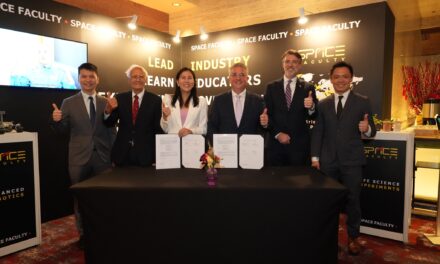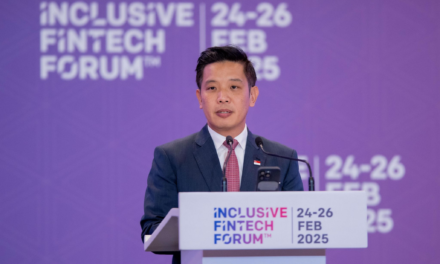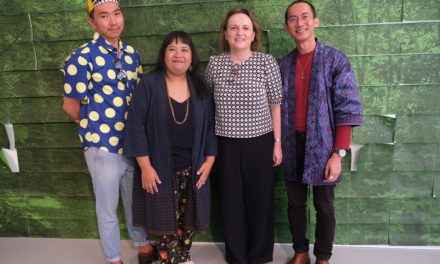President Paul Kagame of Rwanda visited Singapore from 18 to 23 September 2024, reaffirming robust bilateral relations and a shared commitment to multilateralism.
President Paul Kagame of the Republic of Rwanda completed a significant working visit to Singapore from 18 to 23 September 2024, marking his fourth trip to the citystate. This visit underscored the strong and evolving partnership between Rwanda and Singapore, both members of the Forum of Small States (FOSS), an organisation that champions the interests of smaller nations and supports a resilient multilateral system.
During his stay in Singapore, President Kagame engaged in high-level meetings with key leaders, including Singapore’s President, Tharman Shanmugaratnam, and Prime Minister and Minister for Finance, Lawrence Wong. These discussions focused on advancing bilateral relations and exploring avenues for collaboration across a range of strategic sectors. Adding a personal dimension to the diplomatic visit, Senior Minister Lee Hsien Loong hosted President Kagame for a meal.
The visit built on the momentum established during President Kagame’s previous visit in September 2022, with both nations continuing to foster collaboration within FOSS, advocating for the interests of small nations on the global stage. Prime Minister and Minister for Finance Lawrence Wong formally welcomed President Kagame at the Istana on 20 September 2024, setting the stage for in-depth discussions on mutual interests.
Despite the physical distance between two countries, Rwanda and Singapore have found common ground through their commitment to multilateralism and sustainable development. In their meeting, Prime Minister Wong and President Kagame explored potential areas of cooperation, particularly in digital transformation, fintech innovation, and sustainable growth, which are increasingly important for both countries.
The visit reinforced the deep-rooted partnership between Rwanda and Singapore, illustrating how small states can collaborate on a global scale to address shared priorities and uphold a resilient multilateral order.

















